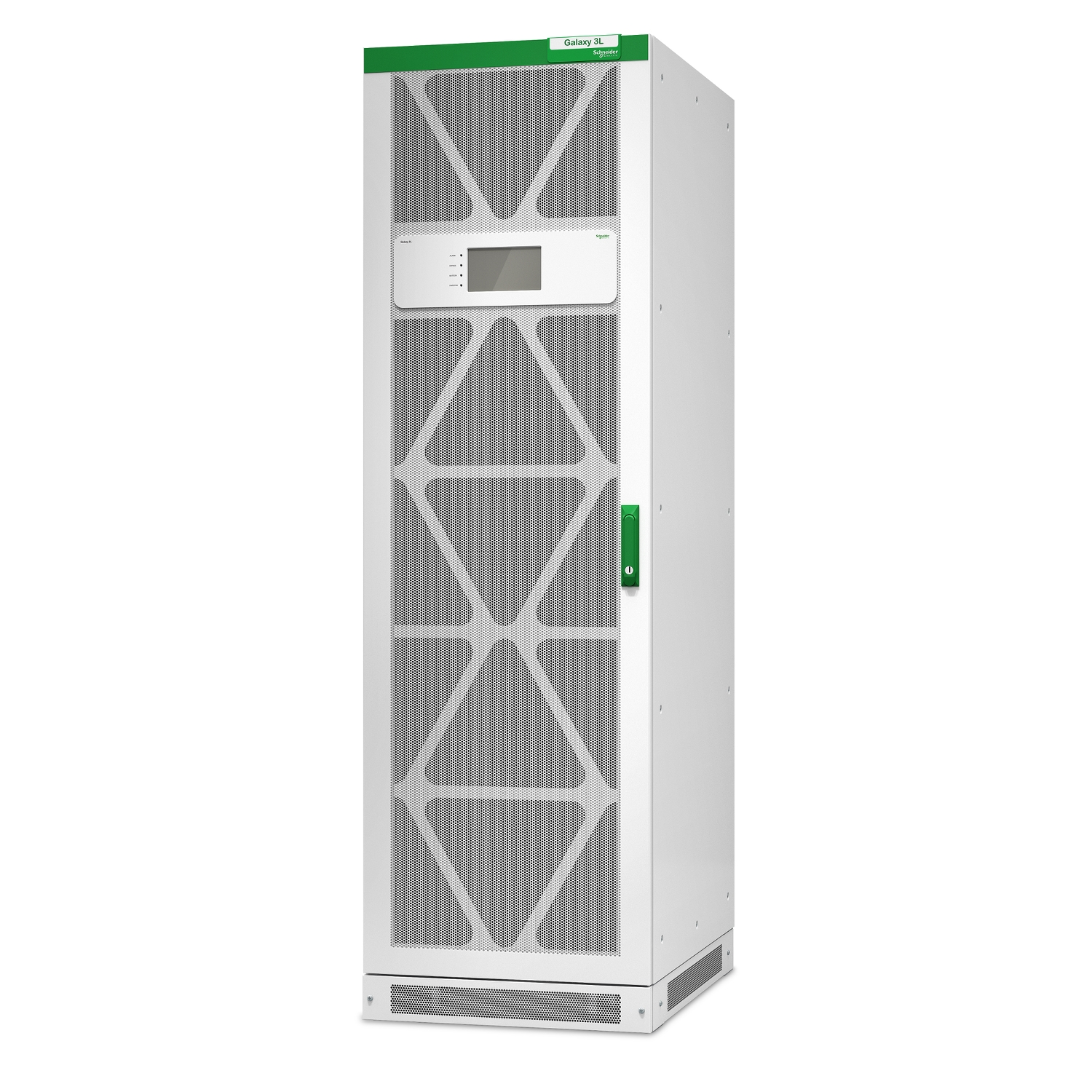In data centers, the communication UPS system is a crucial infrastructure that provides uninterrupted power supply to loads, ensuring smooth network connectivity and normal equipment operation. Among them, the battery as an energy storage must be an important component of the AC UPS system. However, due to the inherent characteristics of batteries and various reasons, there are more or less misconceptions about the use of batteries in AC UPS systems, and their applications are not satisfactory. In practical applications, many accidents or malfunctions of AC UPS systems are caused by batteries. Therefore, it is necessary to strengthen the understanding of the requirements and characteristics of battery applications in AC UPS systems, correctly select and use batteries to ensure that they can fully play their due role.
1. The role and significance of batteries in UPS power supply systems
The main function of batteries in AC UPS systems is to store electrical energy. When the mains power supply is normal, the battery stores electrical energy through the rectification charging circuit of the AC UPS system, while smoothing and filtering the DC circuit, and acting as a buffer when the inverter is overloaded. Once there is an unexpected fluctuation or even interruption in the mains power supply, the AC UPS system is powered by the discharge of the battery to the inverter, which converts the DC power released by the battery into sinusoidal AC power to maintain the power output of the UPS. That is to say, in case of input abnormalities, the AC UPS system relies entirely on the battery to replenish electrical energy in a timely manner to ensure uninterrupted power supply.
Its function should mainly include two aspects:
(1)Realize the continuity of power supply in the event of fluctuations, transients, or even interruptions in the supply of mains electricity and oil engines. During the seamless switching process of the power supply, ensure that there is no interruption of more than 10ms in the power supply to the equipment, and ensure that the equipment does not experience power failure.
(2)After the interruption of power supply from the mains and oil engines, it serves as a backup energy source for a limited period of time to ensure that the load can use electricity normally for a certain period of time. It is the * * * energy guarantee for emergency power supply of AC UPS system, and its role mainly depends on the discharge current and capacity of the battery pack.
Therefore, the battery pack is equivalent to a fire brigade or a fire truck in an AC UPS system. Raising troops for a thousand days, using them for a while “is not commonly used or even used for a long time, but in emergency situations, it can only be completely relied upon.
The quality of its products and the quality of operation and maintenance will directly affect the safety and availability of power supply for information and communication network equipment.
On the other hand, due to various factors, valve regulated sealed lead-acid batteries are currently the most vulnerable and difficult to detect weak link in AC UPS systems.
Therefore, it is necessary to establish the concept that when discussing the application of battery packs in UPS systems (including design, procurement, and operation and maintenance), the focus should be on their reliability and availability, rather than saving money, reducing energy consumption and emissions, or extending their service life!


